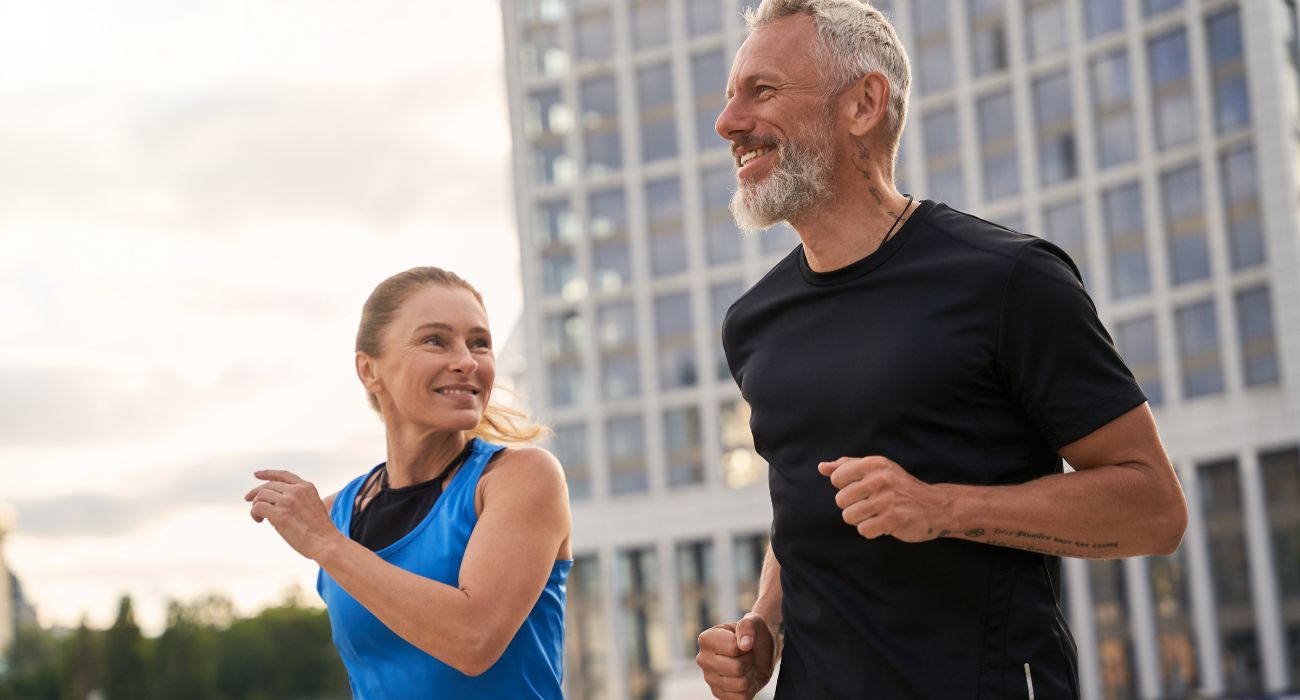Maintaining a certain level of physical and mental fitness is crucial as we age, but when exactly do we reach our peak?
While many might guess that we peak in our early 20s, scientific research has revealed a much more complex pattern of zeniths and troughs that mark the journey of human development.
“At every age, you are getting better at some things and worse at others,” Joshua Hartshorne, a researcher and psychology professor at Boston College, told The Wall Street Journal.
This includes both physical and mental tasks.
In terms of physical peak, a study by Rafal Chomik of Australia’s ARC Centre of Excellence in Population Ageing Research observed the performances of Olympic and professional athletes at different ages.
The results found that tasks requiring a high consumption of oxygen, explosive speed, and great power are best performed by people when they are in their early 20s. This is thus when sprinters and swimmers would likely peak.
On the other hand, practitioners of activities requiring endurance — powerlifting or running marathons — hit their peak at around age 40.
Physiology plays a large role in these differences, with more fast-twitch muscle fibers found in higher numbers among the young and slow-twitch muscle fibers appearing in those who are older.
Moreover, the study found that low-impact sports requiring tactics and strategy are best achieved by individuals around the age of 50.
Chomik noted that these findings correlated to other studies focusing on cognition that found older people were better at strategizing, whereas younger individuals processed raw data more effectively, according to the WSJ.
The good news is that Chomik also discovered that elite athletes have been reaching their peak later and later due in no small part to progress made in sports science.
As previously reported in The Dallas Express, studies conducted on “super agers” — individuals over the age of 80 who demonstrate the cognitive abilities of those aged at least 20 to 30 years younger — revealed several useful lessons in wellness.
For instance, having strong social relationships, challenging yourself mentally on a regular basis, addressing mental health disorders like depression, and following a nutritionally sound diet packed with vitamins and minerals appear to have a huge impact on how well someone ages.
The importance of physical fitness also can’t be overstated, especially as surging obesity rates have been linked to the growing prevalence of heart disease, diabetes, and some forms of cancer, as covered in The Dallas Express.
One study conducted on the elderly found that walking 3 to 5 miles a day cut their risk of stroke and heart attack roughly in half.
The benefits of regular exercise also extend to mental fitness, with another study showing that the brain benefits from consistent physical activity, as reported by The Dallas Express.






